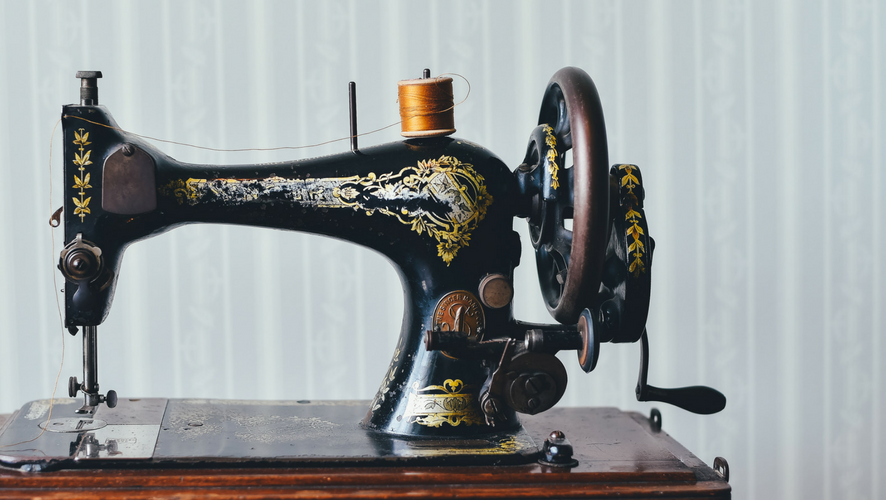
The historical backdrop of the sewing machine is one covered with allegations, fizzled endeavors and some genuine outrage. From barely getting away demise to patent claims, it's an intriguing story that exhibits the crease ingly humble sewing machine unsettled in excess of a couple of plumes in its out
A 20,000 year old fine art
he history of the sewing machine wouldn't exist without the aesthetics of hand sewing. Individuals began sewing by hand exactly 20,000 years back, where the primary needles were produced using bones or creature horns and the string produced using creature ligament. Our creative impulse discloses the normal movement to need to enhance sewing procedures and make it less arduous. Prompt the Industrial Revolution in the eighteenth Century, where the need to diminish manual sewing in processing plants ended up foremost.
1755: The First Patent
Charles Weisenthal, a German man, was issued a British patent for a "needle that is intended for a machine." There's no portrayal in Weisenthal's patent of any mechanical machine, however it appears there was a requirement for such a creation.
![weisenthal.jpg]
(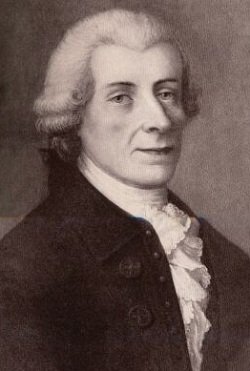 )
)
1790: The First Detailed Design
The historical backdrop of the sewing machine basically begins here. Englishman Thomas Saint composed the primary sewing machine of its kind. The patent depicted a machine fueled with a hand wrench to be utilized for calfskin and canvas. No one knows whether Saint manufactured a model, yet in 1874, William Newton Wilson found the patent illustrations. They were so point by point, he assembled a copy, demonstrating that it worked.
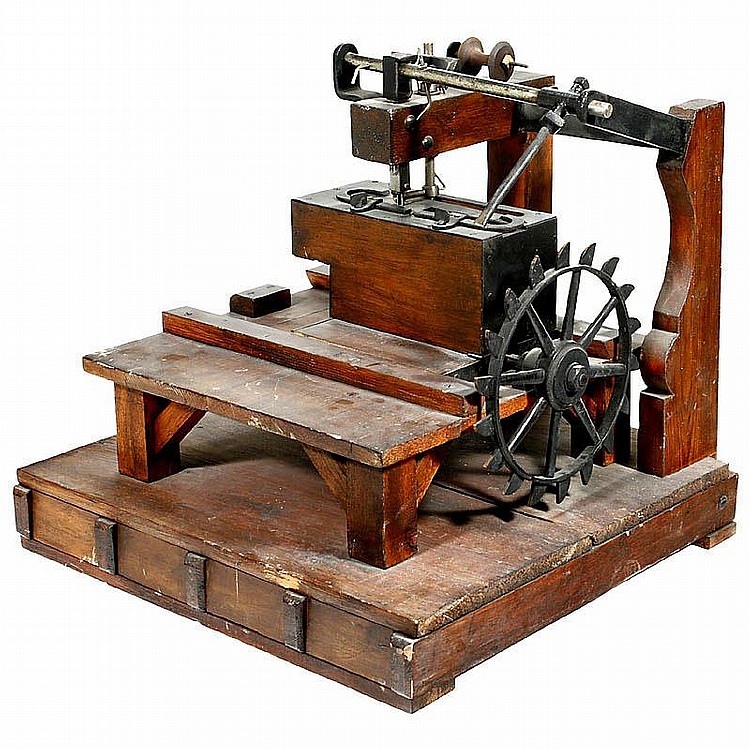
Early 18th Century: Many Attempts, Many Fails
It merits saying that all endeavors of planning a sewing machine before the main effective one, all moved the needle side to side and were fueled with a winding handle.
1810: Balthasar Krems imagines a programmed machine for sewing tops. He didn't patent his plan yet it didn't work in any case.
1814: An Austrian tailor, Josef Madersperger, was issued a patent in 1814. He was tireless, endeavoring a few distinct outlines, however all were unsuccessful
1818: John Adams Doge and John Knowles design America's first sewing machine, however it could just sew a couple of bits of texture before breaking.
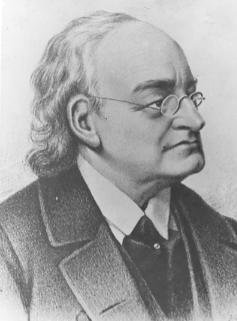
1830: The First Successful Sewing Machine
Delight! a long time since about 40 years Thomas Saint first drew and depicted a machine for sewing, we at last have a working sewing machine. Barthelemy Thimonnier, a French tailor, imagined a machine that utilized a snared needle and one string, making a chain join.
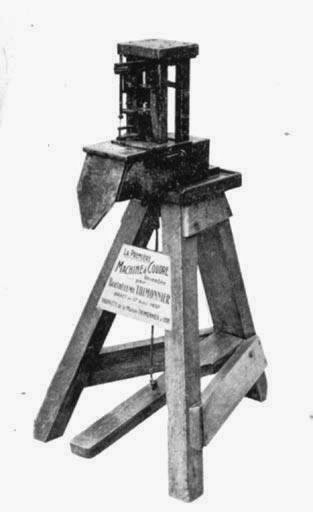
1830: A Riot & Near Death Experience
After the effective patent, Thimonnier opened the world's first machine based garments fabricating organization. His activity was to make regalia for the French Army. Yet, when other French tailors got twist of his development, they weren't excessively satisfied. They dreaded his machine would bring about their joblessness so they torched his processing plant while he was still inside. Never underestimate your sewing machine until the end of time; this person nearly passed on for it.
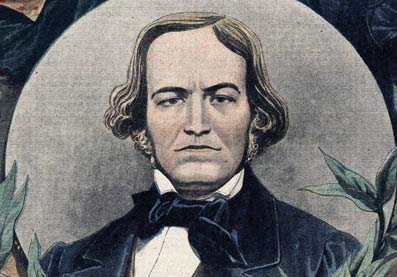
1834: Morals Over Money
This is a case of adhering consistent with your convictions. Walter Hunt made America's first working sewing machine, however he had misgivings. Chase thought such a machine would cause joblessness for some, so he didn't try to patent the plan. Presently you see where things will get chaotic.
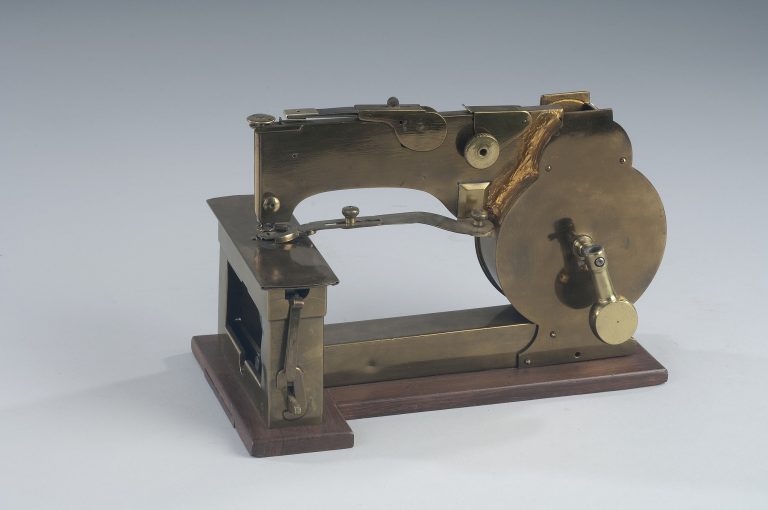
1844: A Lost Patent
The sewing machines we've seen so far are altogether comprised of disconnected components, with nothing extremely cooperating. In 1844, English designer John Fisher composed a sewing machine that would dispense with this dissimilarity between the moving parts. In any case, a bungled documenting work at the Patent Office brought about his patent getting lost, so he never got any acknowledgment.
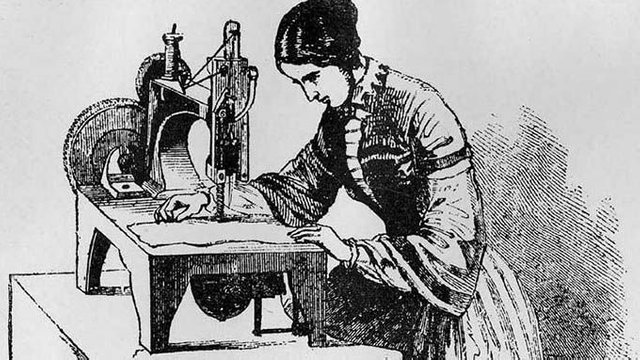
1845: Elias Howe & the Lockstitch
Elias Howe from America designs a sewing machine that looks like Fisher's, with a few changes and alterations. His patent was to concoct "a procedure that utilizations string from 2 distinct sources." His machine has a needle with an eye at the point, which experiences the texture making a circle on the switch, a van on a track that slips the second string through the circle, making what is known as the lockstitch.
He attempted to showcase his plan, so he dove in and cruised to England. After a long stay, he came back to his country just to discover others had replicated his lockstitch instrument. One of those was an Isaac Merritt Singer.
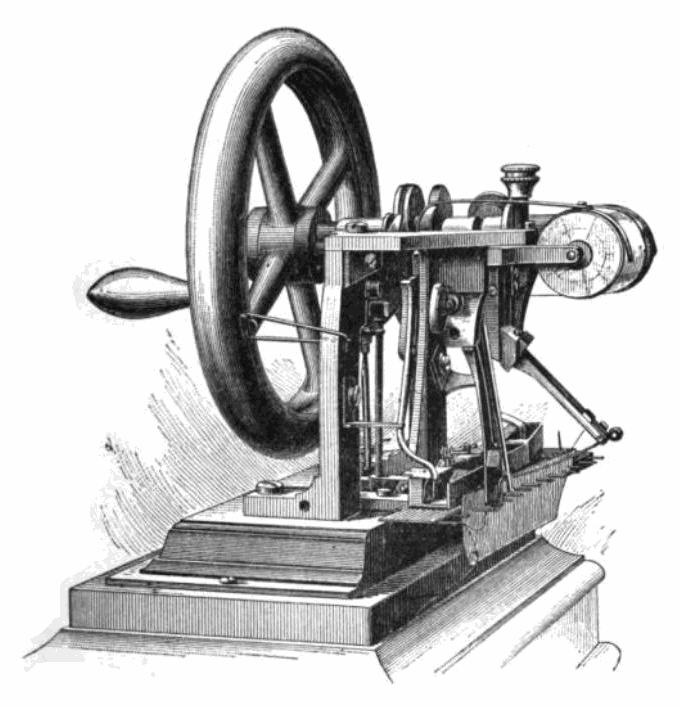
1851: Introducing Isaac Singer
Isaac Merritt Singer is a standout amongst the most understood sewing machine producers, assembling a realm that is as yet going today. His notorious Singer sewing machines are delightfully luxurious and to some degree amazing. He built up the principal adaptation of our cutting edge sewing machine, with a foot pedal and the here and there needle. He was additionally motivated by components from the Howe, Hunt and Thimonnier innovations, making Howe record a claim.
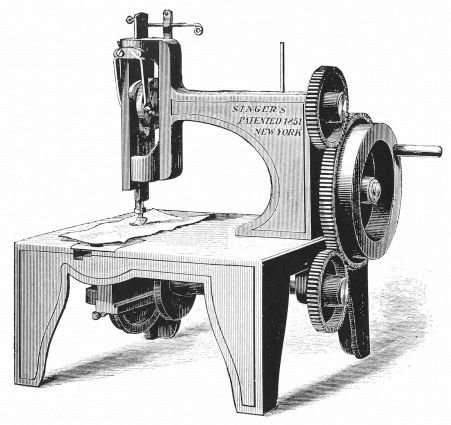
1854: A Real Stitch Up
![elias-howe-9345222-1-raw-212x300.jpg]
(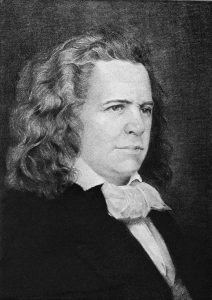 )
)
Elias Howe indicted Singer for Patent Infringement, where he safeguarded his case and won. Isaac Singer attempted to allude back to Walter Hunt's plan, communicating that Howe encroached upon his thought. Tragically for Singer, this didn't have any effect whatsoever. The absence of patent on Hunt's outline implied it was protected innovation for anyone to utilize.Interesting that if John Fisher's patent hadn't have been documented wrong in the Patent Office, he too would have been engaged with the claim as both Howe and Singer's outlines were sufficiently close indistinguishable to the one Fisher designed.
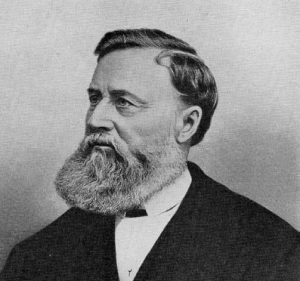
Subsequently, Singer was compelled to pay a singular amount of patent eminences to Howe, and additionally giving him an offer in the I.M. Vocalist and Co benefits.
Regardless of the considerable number of charges, dramatization and legitimate question, Howe and Singer both kicked the bucket multimillionaires, and every one of these spearheading designers gave the world the sewing machine. Without the early fizzled endeavors and sheer perseverance to make something that would diminish the ladies and assembly line laborers of long, unsafe hours, who comprehends what our attire producing industry would look like today. The historical backdrop of the sewing machine is a muddled one, and subsequently, numerous devotees still verbal confrontation who can assert the title of the genuine innovator. Our position? We're simply happy despite everything we don't need to utilize creature ligament and bones.
✅ @yeasir.arafat, congratulations on making your first post! I gave you a $.05 vote!
Will you give me a follow? I'll follow you back in return!
Downvoting a post can decrease pending rewards and make it less visible. Common reasons:
Submit
thanks for inspiration dear
Downvoting a post can decrease pending rewards and make it less visible. Common reasons:
Submit